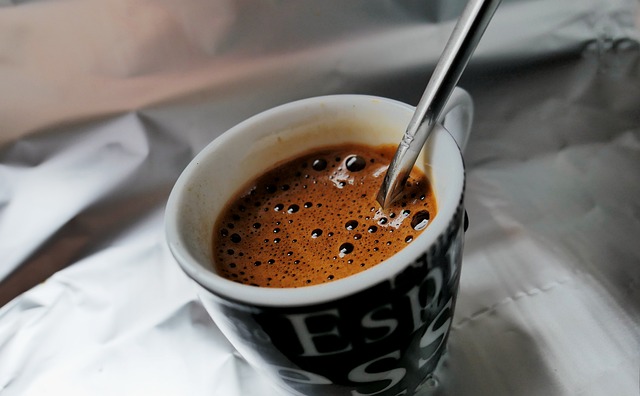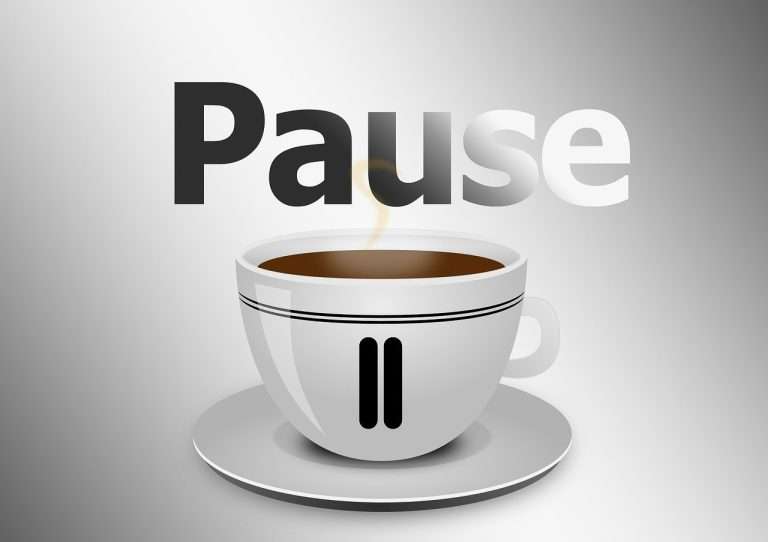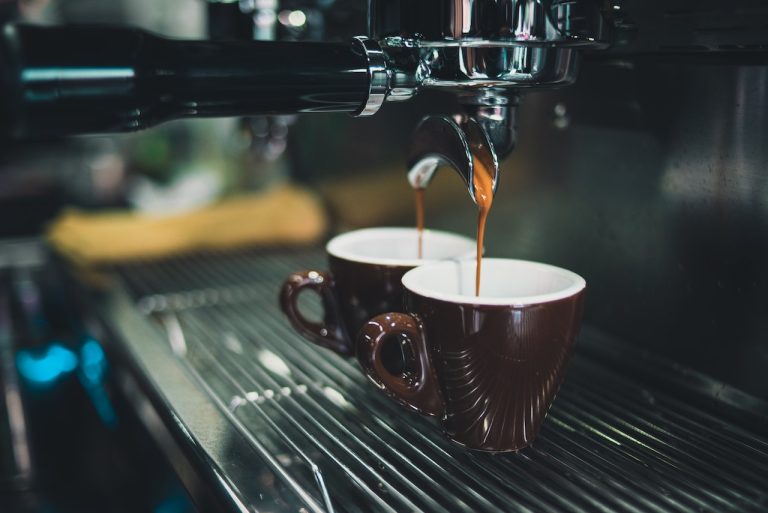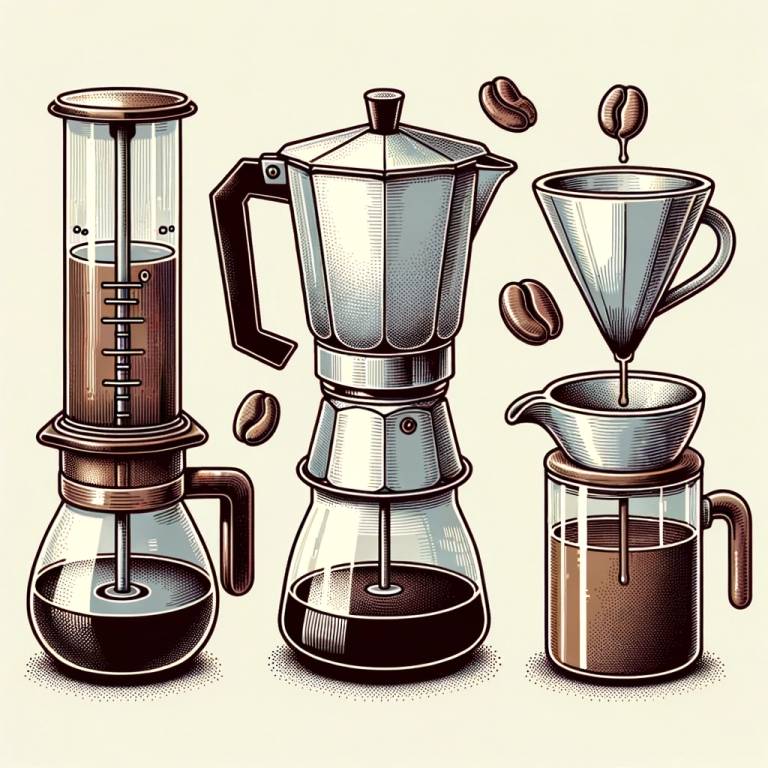Does Espresso break a Fast?
Introduction
Fasting, a practice of abstaining from food and drink for a specific period, has gained significant attention in recent years. Many people embrace fasting for various reasons, including weight loss, mental clarity, and spiritual growth. In modern culture, espresso has become a popular beverage, enjoyed by millions of people every day. This article will explore whether espresso breaks a fast by examining its components, its effects on fasting, and how different fasting protocols view its consumption.
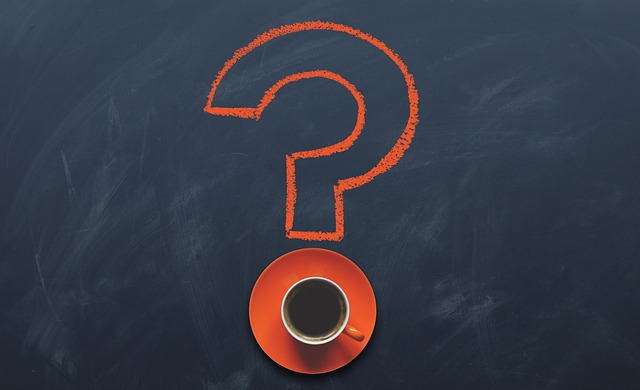
The Components of Espresso
Espresso is a concentrated coffee beverage made by forcing hot water through finely ground coffee beans under high pressure. Its main components include caffeine, calories, and other substances such as antioxidants and oils.

Caffeine
Caffeine is a natural stimulant found in coffee beans, tea leaves, and other plant sources. It is the most widely consumed psychoactive substance globally, with its stimulating effects being the primary reason for its popularity.
Calories
Espresso contains a small number of calories, primarily from the coffee bean oils extracted during the brewing process. The caloric content of a standard espresso shot is generally between 5-20 calories, depending on the bean variety and brewing technique.
Other Substances
Espresso also contains various antioxidants, like chlorogenic acids, which are believed to have health benefits. Additionally, it contains oils that contribute to its signature crema and rich flavor profile.
The Effects of Caffeine on Fasting
Caffeine’s impact on fasting is a topic of debate among researchers and fasting practitioners. Let’s take a closer look at how caffeine affects insulin levels, metabolism, and potential benefits during a fast.
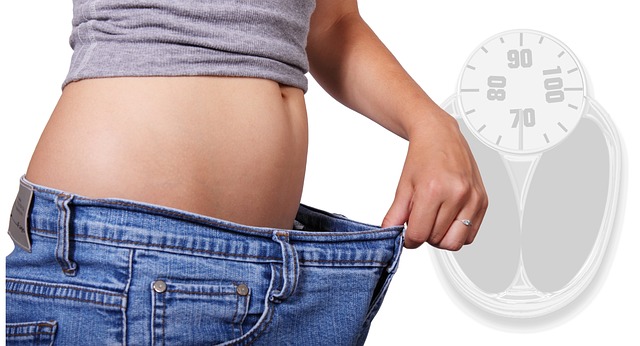
Caffeine’s Impact on Insulin Levels and Metabolism
Some studies suggest that caffeine may increase insulin resistance, which could be detrimental to fasting goals, particularly for those with diabetes or prediabetes. However, other research indicates that moderate caffeine consumption does not significantly affect insulin sensitivity or glucose metabolism. It is worth noting that individual responses to caffeine vary, and its impact on insulin levels may depend on factors like genetics, tolerance, and overall health.
“[Caffeine’s] effects on insulin sensitivity are complex and may depend on factors such as the population studied, the type of caffeine, and the degree of habitual consumption.” – source
Caffeine’s Potential Benefits During a Fast
Caffeine has been shown to increase alertness, focus, and cognitive function, which may be beneficial for those practicing fasting, especially during the initial adjustment period. Additionally, caffeine can suppress appetite and increase thermogenesis, potentially promoting weight loss during fasting periods.
Different Fasting Protocols and Their Views on Caffeine
Various fasting protocols have different stances on caffeine consumption during fasting periods. For example, some time-restricted feeding (TRF) protocols, like the 16:8 method, permit black coffee or unsweetened tea during fasting hours, while more stringent protocols, such as prolonged water fasts, may discourage caffeine intake.

The Impact of Espresso’s Caloric Content on Fasting
Caloric Threshold for Breaking a Fast
There is no universally agreed-upon caloric threshold for breaking a fast, as it depends on individual goals and fasting protocols. Some experts suggest that consuming less than 50 calories during a fasting period does not significantly impact the fast, while others argue that even minimal caloric intake can break a fast.
Comparison of Espresso’s Caloric Content to Other Beverages
To put espresso’s caloric content into perspective, here’s a comparison with other popular beverages:
| Beverage | Calories per Serving |
|---|---|
| Espresso (1 oz) | 5-20 |
| Black Coffee (8 oz) | 2-5 |
| Green Tea (8 oz) | 2-5 |
| Coke (12 oz) | 140 |
| Orange Juice (8 oz) | 110 |
As seen in the table above, espresso contains more calories than black coffee or green tea, but significantly fewer calories than sugar-sweetened beverages like Coke or orange juice. Considering its relatively low caloric content, espresso is unlikely to break a fast for most individuals, especially those following less strict fasting protocols.
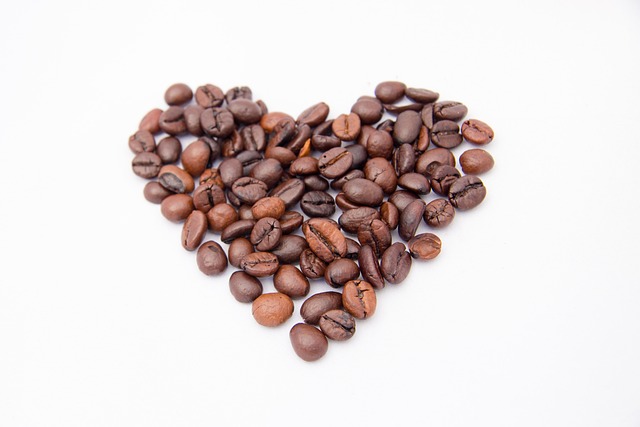
Other Factors to Consider
When discussing whether espresso breaks a fast, it’s essential to consider additional factors such as additives, individual responses to caffeine, and psychological aspects.
The Influence of Additives on Breaking a Fast
Many people enjoy their espresso with added sugar, milk, or cream, which can significantly increase the beverage’s caloric content. Consuming espresso with these additives is more likely to break a fast due to the increased calorie intake and the potential impact on insulin levels. To minimize the chances of breaking a fast, it’s best to consume espresso without any additives.
Individual Responses to Caffeine and Espresso
Individual reactions to caffeine can vary widely, and some people may be more sensitive to its effects on insulin levels and metabolism. It’s essential to listen to your body and observe how it reacts to caffeine during fasting periods. If you experience adverse effects like increased hunger, irritability, or difficulty sleeping, it might be best to avoid or limit espresso consumption during your fast.
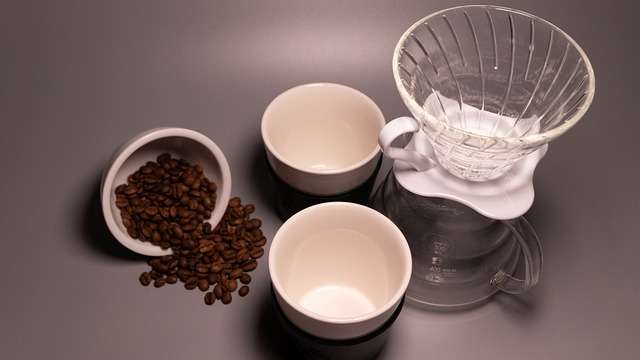
Psychological Aspects of Espresso Consumption During a Fast
The intricate relationship between espresso consumption and the psychological well-being of individuals during a fasting period cannot be overstated. When we dive deeper into this ritual, we uncover numerous facets:
1. Comfort & Solace
- Warmth: The tactile sensation of holding a warm cup can be deeply comforting, especially during challenging fasting hours.
- Taste & Aroma: The distinct aroma and rich taste can be a nostalgic experience, evoking feelings of safety and familiarity.
2. Ritualistic Importance
- Daily Routine: For many, coffee isn’t just a beverage; it’s a ritual. Maintaining this ritual during fasting can provide a sense of normalcy.
- Example: Consider Jane, a 32-year-old professional. Every morning, her espresso ritual involves reading the news, taking a moment for herself, and setting intentions for the day. Skipping this during a fast can be disorienting for her.
3. Distraction & Monotony Breaker
- Sensory Experience: Focusing on the act of sipping coffee can be a welcome distraction from the challenges of fasting.
Weighing the Benefits & Drawbacks
| Benefits | Drawbacks |
|---|---|
| Provides a sense of comfort and routine | Potential negative impacts on the fast itself |
| Acts as a mental and emotional anchor | Possible caffeine dependency |
| Breaks the monotony of fasting | Might disrupt sleep if consumed late |
In conclusion, while there are valid concerns about incorporating espresso during a fasting period, for many, the psychological benefits significantly outweigh the drawbacks. Every individual’s relationship with coffee is unique, and it’s essential to find what works best for one’s body and mind.
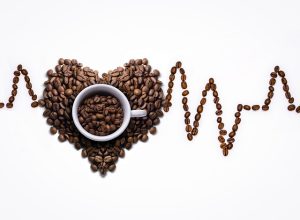
Conclusion
Summary of Findings
The question of whether espresso breaks a fast is complex and depends on multiple factors. Espresso’s main components, such as caffeine and calories, may have different effects on fasting, depending on individual responses and the specific fasting protocol being followed.
Recommendations for Espresso Consumption During a Fast
When deciding whether to include espresso in your fasting routine, consider the following recommendations:
- Determine your fasting goals and the protocol you’re following. If your fasting protocol allows for minimal calorie intake, espresso is unlikely to break your fast. However, if you’re following a more stringent fasting regimen, consult with a healthcare professional or the guidelines of your chosen protocol.
- Pay attention to your individual response to caffeine and espresso. If you notice adverse effects or feel that your fasting progress is being hindered, consider reducing or eliminating espresso from your fasting routine.
In conclusion, the question of whether espresso breaks a fast is not straightforward and depends on individual factors, fasting goals, and protocols. By understanding the components and effects of espresso and carefully considering personal preferences and responses, individuals can make an informed decision on whether to include espresso in their fasting routine.

